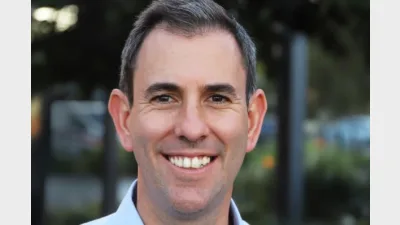Australians cautious on choice
Australians have decided not to be rushed by the advent that of the new choice of superannuation fund regime.
That is the bottom line of a survey conducted by Mercer Human Resources Consulting in the days immediately preceding implementation of choice, with the data showing that consumers actually became more conservative the closer they got to having to make a decision about the future of their superannuation.
It showed that of those respondents who had indicated they might be likely to change in earlier surveys, 10 per cent said they had become less certain.
What is more those who had indicated they were staying for now but might reconsider their options shrank from 15 per cent to just 5 per cent, while those who said they were unlikely to change swelled from 24 per cent to 34 per cent.
Business leader for Mercer Wealth Solutions, David Anderson, said the poll results reflected a likely “growing sense of loyalty” among super members towards their employer’s default super fund.
“It seems some members made a decision to remain with their existing super fund on the eve of super choice. There was a shift by members away from fence-sitting toward loyalty,” Mr Anderson.
Recommended for you
Treasurer Jim Chalmers has hit back at critics of the Division 296 super tax changes, saying it shows commentators’ aversion to substantive tax reform.
Australia’s superannuation funds are on track to post another year of strong performance, with the median growth fund returning an estimated 9 per cent for the 2025 financial year, according to research from Chant West.
The UK aims to boost investments via Australia’s super fund sector, unlocking major bilateral business and growth opportunities.
The Future Fund has received government approval to internally manage transactions in Australian infrastructure and property, marking a significant shift in its investment approach after nearly two decades of relying solely on external managers.












